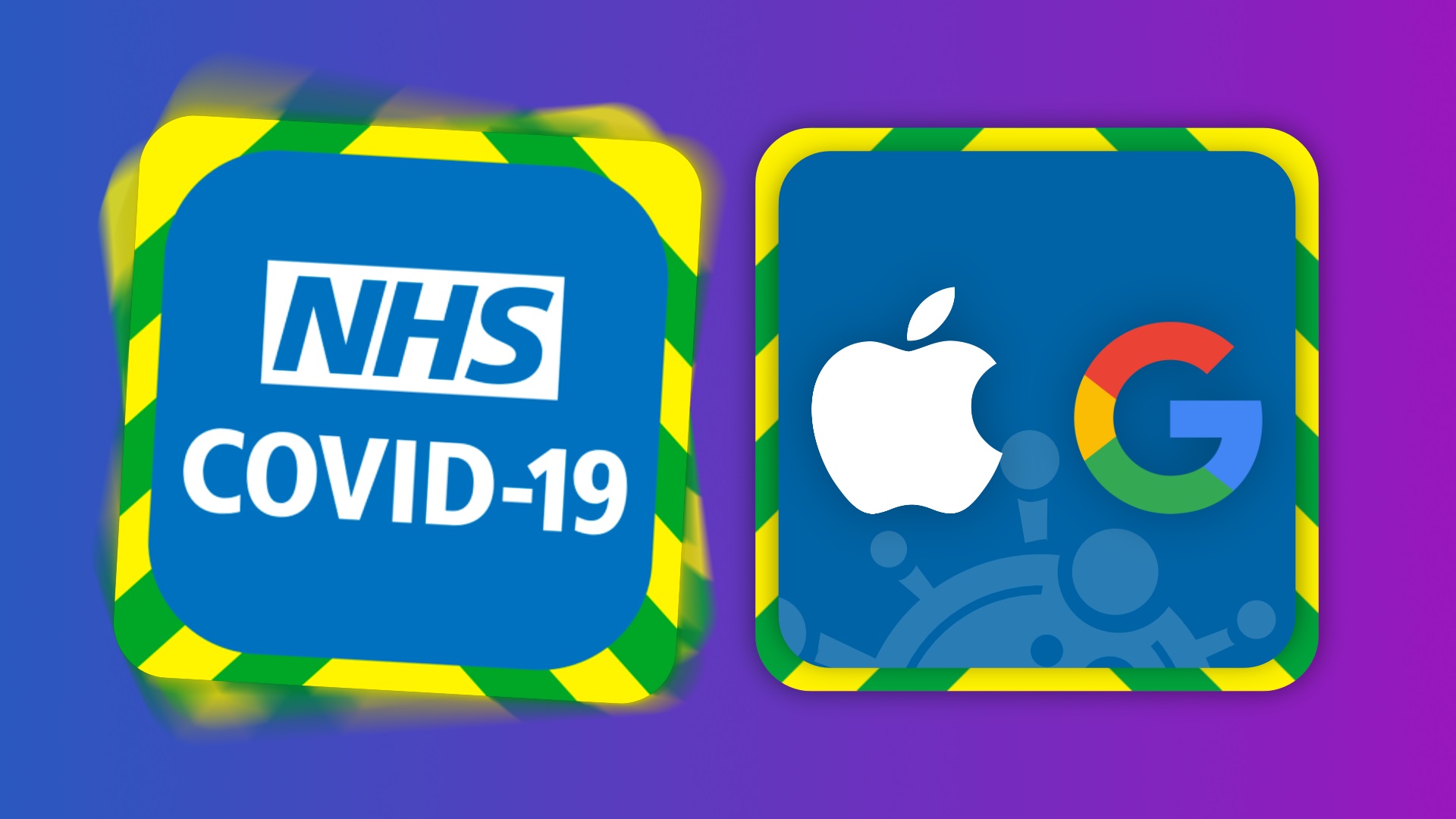UK will now use Apple and Google’s tech for contact tracing app

The UK will now adopt the “privacy focused” contact tracing model created by Apple and Google for its Covid-19 app after abandoning plans to use a centralised framework following a series of major technical issues.
Last week, Health Secretary Matt Hancock said it had decided to change course and deploy the API built by the two tech giants but warned the app might not launch until the autumn.
The decision marks a u-turn for the government after it had previously committed to implementing a system that uses a centralised database and computer server to conduct contact matching and risk analysis.
Mr Hancock said it was forced to change its plans after running into problems with Apple’s Bluetooth protocols that prevent third party apps from accessing the wireless tech standard in the background.
While the original app was able to accurately assess the distance between two users, data was registered by just 4% of iPhones compared to 75% of Android handsets.
The original Covid-19 contact tracing app had been in development for some time and rolled out for testing in the Isle of Wight in early May.
The government had insisted that the app would be ready by the middle of that month but the launch had been pushed back due to technical problems.
While the UK will now use a new framework, it will still build from the basic premise of exchanging key codes when people come into contact and sending alerts when someone has been infected with Covid-19.
The Apple-Google model is much more effective at registering points of contact but does have more of a weakness when calculating distances between users.
The UK said it will combine the research and work it has done thus far with the new tech to try and create a system that will support its wider Test and Trace programme.
However, Baroness Dido Harding will first have to give the go ahead for deploying the tech after completing an independent review.
Baroness Harding said last week that rigorous testing of the Google-Apple version had demonstrated that it was not working sufficiently to support self-isolation and social distancing measures just yet.
In response, a Google spokesperson said: “We have developed an Exposure Notification API with Apple based on consultation with public health experts around the world, including in the UK, to ensure that our efforts are useful to authorities as they build their own apps to limit the spread of Covid-19, while ensuring privacy and security are central to the design.”
While the UK government is making tentative steps towards the use of new tech, DP3T’s Dr Michael Value said it was a “welcome” yet “unnecessarily delayed” move.
The UK is not the only country to have had reservations about the decentralised system before rowing back and implementing it.
Germany, Italy, Austria and Switzerland are all now aiming to use the tech firms’ software.
Apple and Google’s approach allays the security and privacy concerns inherent to centralised models by processing exposure notifications on smartphones and without storing them on servers that are controlled by the state.
The UK previously argued that doctors would have less data to call on because of this method.
Whatever form it takes, the app is believed to be central to the UK’s efforts to prevent a second outbreak of the coronavirus when it eventually launches later this year.
